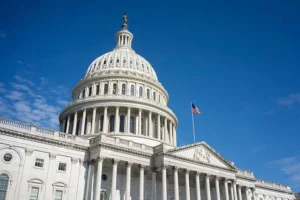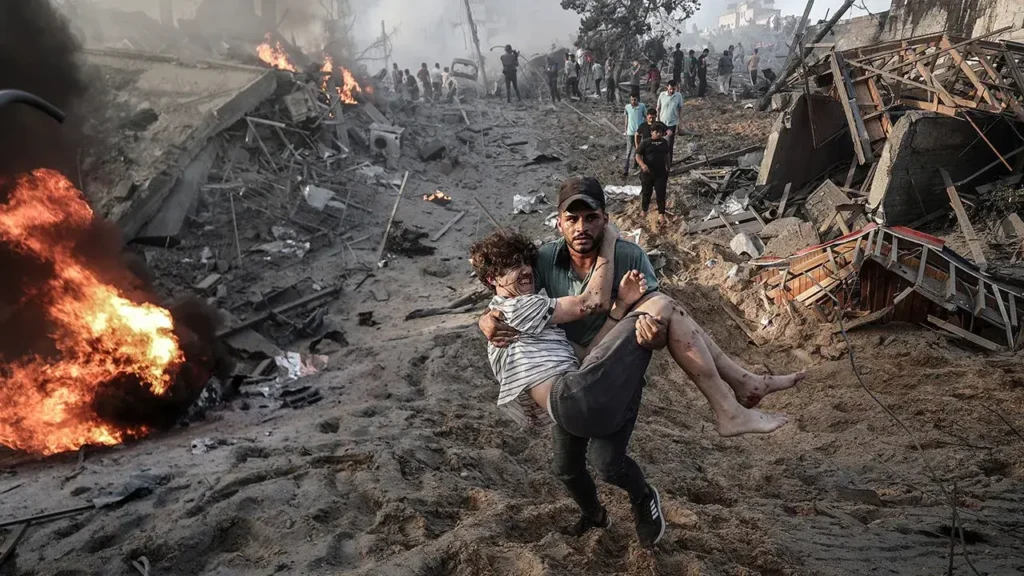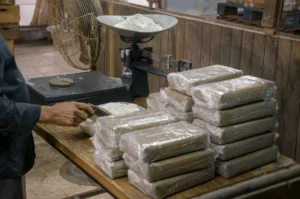The Middle East Conflict is heating up, with Iran’s Supreme Leader, Ayatollah Ali Khamenei, vowing to deliver a crushing response to Israel and the US. This comes after Israel’s attack on Iran last week, which killed four Iranian soldiers and was retaliation for Iran’s missile attack on Israel earlier in October. The tensions between Iran and Israel have been escalating with Israel launching a major operation in Gaza that has resulted in over 43000 deaths and Israel’s offensive against Hezbollah in Lebanon killing over 28000 people and displacing 1.2 million others.
Historically, the US and Iran have had strained relations since the 1979, seizure of the US embassy in Tehran, which lasted 444 days. This incident still casts a shadow over US-Iran relations today. The US and Iran have locked themselves in a self-perpetuating cold war, with both countries instrumentalizing national security interests to serve their competing ideologies.
Iran and the US do share some common interests, however both countries want to ensure freedom of navigation in the Persian Gulf and have a shared interest in defeating ISIS and other extremists. They also both want a stable, peaceful Iraq and Afghanistan. Despite these shared interests, the relationship remains tense.
Khamenei asserts that Tehran-backed groups – including Hamas, Hezbollah, and the Houthis – will boldly stand firm against intimidation. Multiple countries and factions fuel the conflict’s complexity, actively contributing to its tangled web. Consequently, finding a resolution will require addressing the underlying issues driving the conflict.
The Middle East conflict is poised for potentially catastrophic escalation, underscored by Ayatollah Ali Khamenei’s vow to deliver a crushing response to Israel and the US, highlighting the urgent need for diplomatic efforts to prevent further destabilization. The situation remains volatile, with the World watching to see how events unfold.










